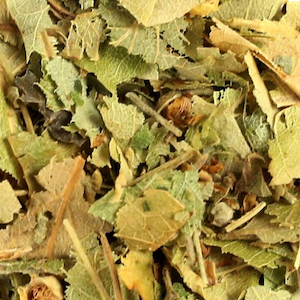European Teas
The story of tea in Europe, which has always been a place of complicated cultural and economic changes, is a long one. It was first brought to the continent in the sixteenth century, where it quickly became fashionable among the upper classes.
Countries such as Portugal and Britain were instrumental in making tea popular; they developed elaborate customs associated with this beverage that are still respected today. The traditional British afternoon tea, for example, involves serving many different kinds of fine teas along with sandwiches and pastries.
Showing 1–12 of 19 results
-

Ashwagandha Tea
From £2.82— or subscribe and save 10%Select options This product has multiple variants. The options may be chosen on the product page -
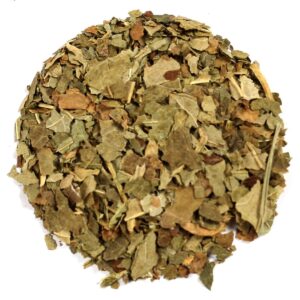
Blackcurrant Leaf Tea
From £4.63— or subscribe and save 10%Select options This product has multiple variants. The options may be chosen on the product page -
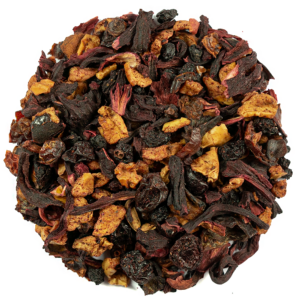
Boysenberry Fruit Tea
From £4.10— or subscribe and save 10%Select options This product has multiple variants. The options may be chosen on the product page -
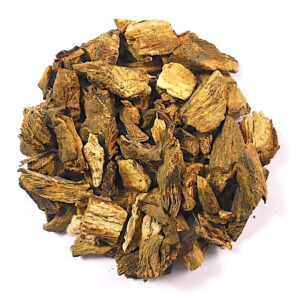
Burdock Root Tea
From £2.36— or subscribe and save 10%Select options This product has multiple variants. The options may be chosen on the product page -
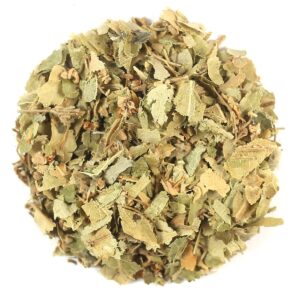
Lime Flower Tea
From £3.08— or subscribe and save 10%Select options This product has multiple variants. The options may be chosen on the product page -

Marigold Tea
From £1.70— or subscribe and save 10%Select options This product has multiple variants. The options may be chosen on the product page -
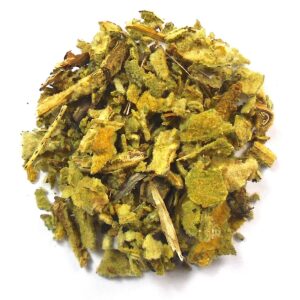
Mullein Tea
From £2.46— or subscribe and save 10%Select options This product has multiple variants. The options may be chosen on the product page -
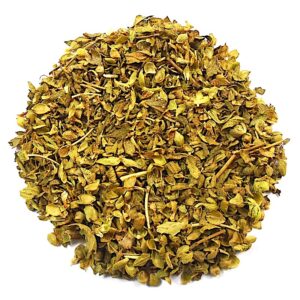
Oregano Tea
From £2.35— or subscribe and save 10%Select options This product has multiple variants. The options may be chosen on the product page -
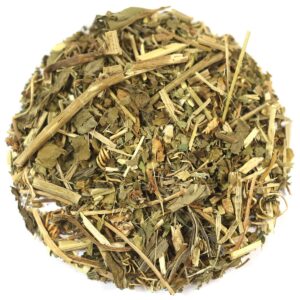
Passion Flower Tea
From £2.07— or subscribe and save 10%Select options This product has multiple variants. The options may be chosen on the product page -
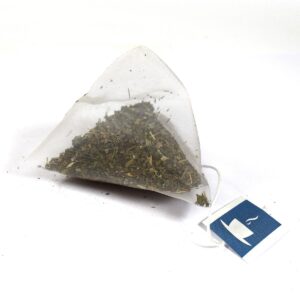
Peppermint Pyramid Tea Bags
From £1.48— or subscribe and save 10%Select options This product has multiple variants. The options may be chosen on the product page -
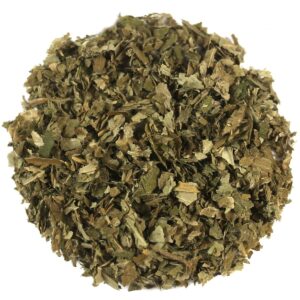
Strawberry Leaf Tea
From £2.01— or subscribe and save 10%Select options This product has multiple variants. The options may be chosen on the product page -
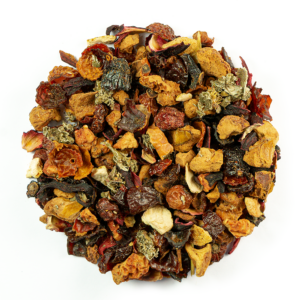
Organic Red Fruits Tisane
From £3.19— or subscribe and save 10%Select options This product has multiple variants. The options may be chosen on the product page
However, tea’s influence goes beyond social traditions and extends into economics too; this led to events like those involving the East India Company. Presently, it remains an essential part of life for many Europeans who appreciate its various flavors besides health benefits while recognising its potential for fostering unity among people.
Current Times
Tea is very much part of the culture and society in Europe now. Different regions have produced a wide range of tea blends. The Earl Grey blend is believed to have been made especially for Charles Grey, the 2nd Earl of Grey and former British Prime Minister.
Similarly, in 1892 Scottish grocer Robert Drysdale introduced the popular English Breakfast tea. These are one-of-a-kind concoctions that reflect not only European tea masters’ creativity but also different cultural influences which have affected Europe’s tea habits.
Apart from this cultural aspect, it has also been widely studied and acknowledged that there are many health benefits associated with drinking tea. Tea has been shown to speed up metabolism as well as relax people among other things due to its antioxidant properties and various other therapeutic effects.
As a result more and more people are demanding for speciality teas tailored towards specific health needs or personal preferences.
The Future of European Teas
As Europe keeps changing, its tea culture does as well. With the growing concern for sustainability and ethical sourcing, European tea companies have started adopting fair trade practices and working towards reducing their carbon footprints. This is not only good for the environment but also ensures that the hard work put in by farmers does not go unrewarded.
In addition, there has been a massive increase in online tea sales due to technological advancements and e-commerce. Therefore, people who love taking tea can now easily access different types of high-quality teas from various parts of the world thus further diversifying and enhancing Europe’s tea culture.
To sum it up, it is clear that this ancient drink occupies a special place in European hearts and cups as long as Europe’s love for tea remains unquenched. Tea still remains part of Europe’s past, present and future based on its historical importance, cultural transformations over time as well as health benefits realised from taking it
Therefore next time you take some minutes to sit down for a cuppa let your mind be filled with gratitude towards that wide range of flavors brought together by different traditions across Europe which have made all teas from this region beloved worldwide.

 Loose Leaf Tea
Loose Leaf Tea Pyramids
Pyramids Tea Bags
Tea Bags Africa
Africa Assam
Assam Ceylon
Ceylon Chinese
Chinese Darjeeling
Darjeeling European
European Indian
Indian Japan
Japan Nepal
Nepal South East Asia
South East Asia Ayurveda Tea
Ayurveda Tea Black Tea
Black Tea Chai Tea
Chai Tea Flowering Tea
Flowering Tea Fruit Tisanes
Fruit Tisanes Green Tea
Green Tea Herbal Tea
Herbal Tea Matcha Tea
Matcha Tea Oolong Tea
Oolong Tea Organic Tea
Organic Tea Pu erh Tea
Pu erh Tea Rooibos Tea
Rooibos Tea White Tea
White Tea Asian Coffee
Asian Coffee Caribbean Coffee
Caribbean Coffee Central American Coffee
Central American Coffee South American Coffee
South American Coffee Coffee Blends
Coffee Blends Decaffeinated Coffee
Decaffeinated Coffee Espresso Coffee
Espresso Coffee Ethically Sourced Coffee
Ethically Sourced Coffee Flavoured Coffee
Flavoured Coffee Organic Coffee
Organic Coffee Single Origin Coffee
Single Origin Coffee Chocolate 1
Chocolate 1 Chocolate 2
Chocolate 2 Chocolate 3
Chocolate 3 Chocolate 4
Chocolate 4 Chocolate 5
Chocolate 5 Chocolate 6
Chocolate 6 Chocolate 7
Chocolate 7 Chocolate 8
Chocolate 8 Chocolate 9
Chocolate 9 Loose Tea Filters
Loose Tea Filters Tea Accessories
Tea Accessories Tea Bricks
Tea Bricks Tea Caddies
Tea Caddies Tea Caddy Spoons
Tea Caddy Spoons Tea Gift Ideas
Tea Gift Ideas Tea Infusers
Tea Infusers Tea Strainers
Tea Strainers